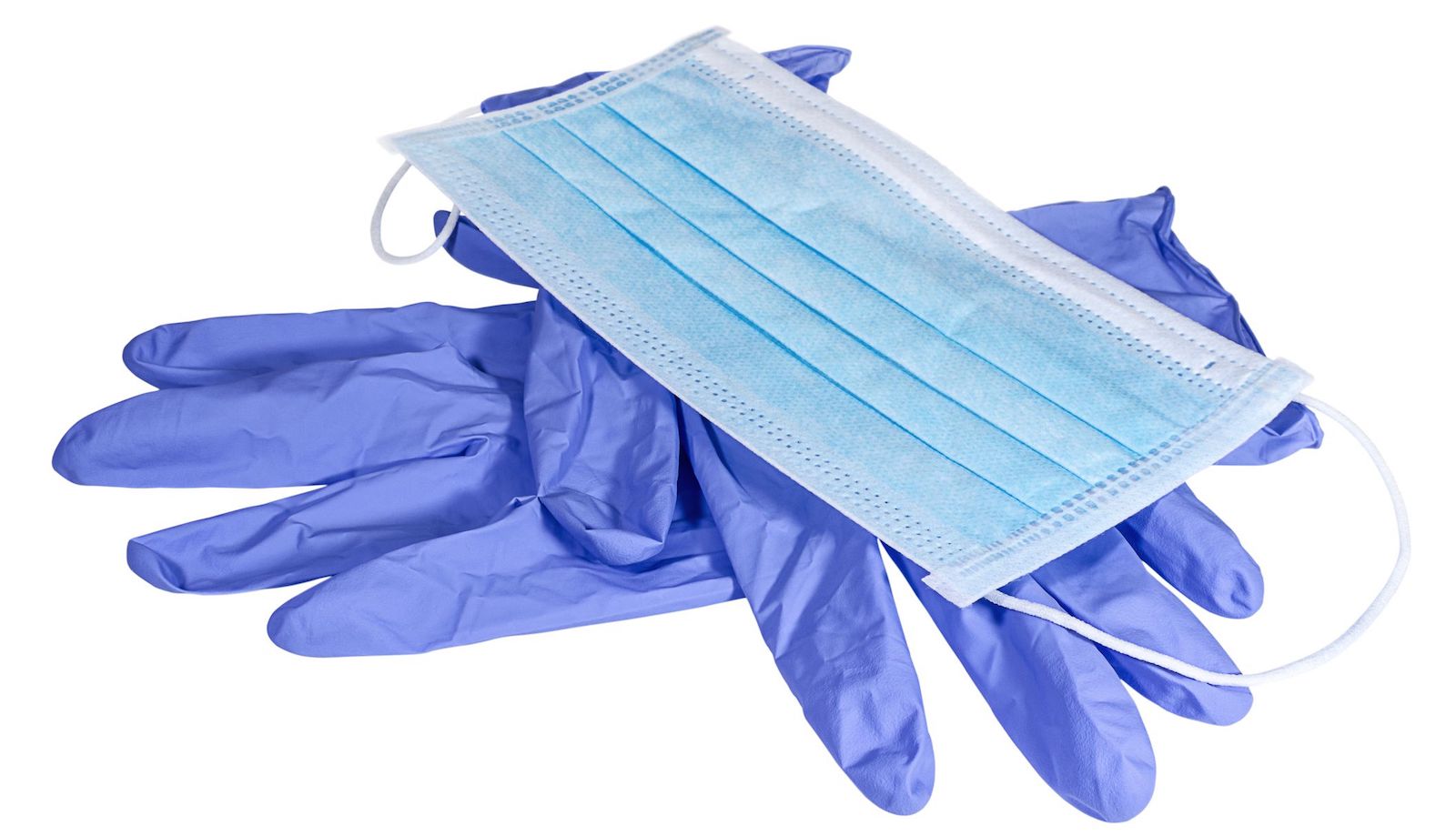
Metro Health takes every step to make sure that you’re safe while being cared for, but we advise you take an active role in your care by taking these steps to reduce your risk of a hospital infection.
IF YOU DON’T SEE THE PERSON TREATING YOU WASH THEIR HANDS, ASK!
This is the single most important way to protect yourself in the hospital. All caregivers should clean their hands before treating you. Do not hesitate to ask a caregiver if they have used the hand sanitizer or washed their hands. This is even important when staff is wearing gloves.
BEFORE YOUR DOCTOR USES A STETHOSCOPE, ASK THAT THE SURFACE BE WIPED DOWN.
The American Medical Association recommends that stethoscopes routinely be cleaned for each patient. The same precautions should be taken for many other pieces of equipment too.
ASK VISITORS TO CLEAN THEIR HANDS AND AVOID SITTING ON YOUR BED.
If guests are visiting, please ask that they avoid touching you and sitting on your bed.
BEGINNING ONE WEEK BEFORE SURGERY, SHOWER FREQUENTLY WITH CHLORHEXIDINE SOAP.
Various brands, like Dial, can be found at drug stores. This will remove any dangerous bacteria on your own skin.
GET TESTED FOR STAPHYLOCOCCUS AUREUS AT LEAST ONE WEEK BEFORE YOU COME INTO THE HOSPITAL.
This test is simple and quick but can help doctors determine if you should be given an antibiotic to keep you and other patients safe during your stay.
DO NOT SHAVE THE SURGICAL SITE.
Razors can create small nicks in the skin where bacteria can enter. If hair must be removed before surgery, leave that to the hospital staff.